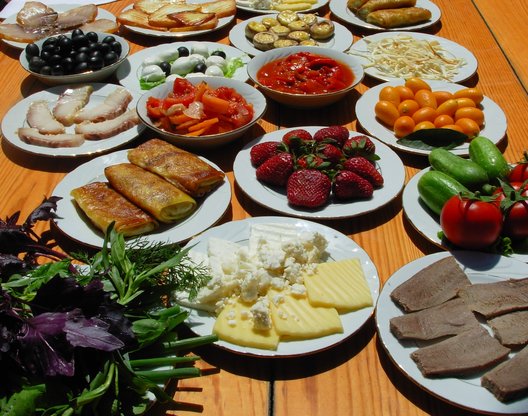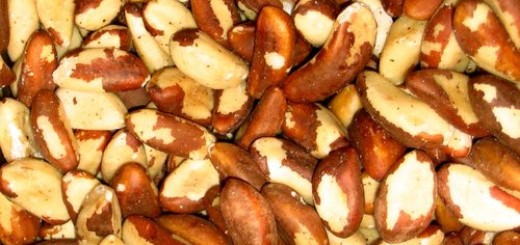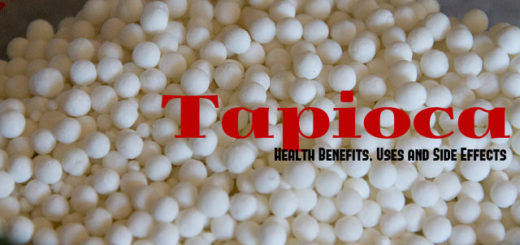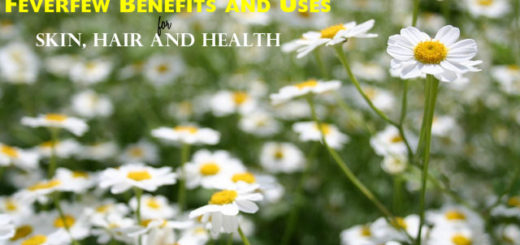Top 25 Vitamin Rich Foods You Must Eat for Good Health
Vitamins are very important for your skin, health and hair. If you take a balanced meal, you will get all the vitamins you need for your body. If your body lacks in certain vitamins you can have vitamin supplements and correct it.Vitamin B is a group of vitamins that are water soluble and is essential for cell metabolism.
Image credits: Wikimedia
Vitamin B consists of 8 different vitamins, which are:
- Vitamin B1 (thiamine)
- Vitamin B2 (riboflavin)
- Vitamin B3 (niacin)
- Vitamin B5 (pantothenic acid)
- Vitamin B6 (pyridoxine)
- Vitamin B7 (biotin)
- Vitamin B9 (folate or folic acid)
- Vitamin B12 (cobalamin)
Vitamins with Food sources:
Vitamin B1:
Vitamin B1 or thiamine is often called ‘anti-stress’ vitamin. It helps in making the immune system strong and increases the ability of the body to cope up with stressful conditions. It was the first vitamin that was discovered and hence it was named B1. This vitamin is found in plants as well as in animals and is necessary for various metabolic reactions. Deficiency of this vitamin leads to various health problems like Beriberi, Alzheimer’s disease, Cataracts and even heart problems. About 1.2 mg of this vitamin is needed for men while women require 1 gm of this vitamin every day.
Foods rich in thiamine are:
Fish:
Fish is a good source of healthy fats and contain Vitamin B1 in high amounts. 100 gm of Pompano fish contains about 0.67 mg of this vitamin while Tuna fish contains .5 mg of thiamine.
Pistachios:
Pistachios are good sources of Vitamin B1 and other minerals. You get 0.87 mg of Vitamin B1 from 100 gm of pistachios.
Sesame butter:
Sesame butter is also known as Tahini and you get 1.6 gm of thiamine from 100 gm of Sesame butter.
Beans:
Beans like black beans, pinto beans and navy beans are rich sources of Vitamin B1
Vitamin B2:
Vitamin B2 or riboflavin is essential for a wide range of cellular activities and for energy metabolism. The nutrients get processed in the cardiovascular system with the help of B2 and this helps in keeping the cells healthy. This vitamin also helps in providing you better vision and keeping the skin healthy. Deficiency of this vitamin in the body causes ulcer of the mouth, inflammation of the mouth, reddening of the skin and sore throat. Anemia may also occur when the body is deficient in Vitamin B2.
Foods rich in Vitamin B2:
- Carrots – 1 cup of carrot provides you 5% of the riboflavin you need per day
- Cheese – you get .57 mg of Vitamin B2 from 100 gm of cheese. It is also rich in calcium and Vitamin D.
- Milk – Milk of cow and goat are rich sources of Vitamin B2 along with calcium and other minerals.
- Almonds – Almonds are rich in Vitamin B2 and also good source of calcium, potassium, copper and Vitamin E.
Vitamin B3:
Vitamin B3 or niacin protects the body from high cholesterol, heart attacks and other cardiovascular problems. Deficiency of this vitamin causes dementia, dermatitis, fatigue, restlessness, amnesia, depression etc. Overdose of this vitamin is also harmful as it can lead to dry skin, rashes on the skin, digestive problems and even damage of the liver. You need about 14-16 gm of niacin per day.
Foods rich in Vitamin B3:
- Eggs – You get about 7% of the vitamin B3 you need per day from an egg.
- Beets – Beets are good sources of niacin and you get about .334 mg of niacin from 100 gm of beet.
- Celery – by consuming 1 cup of raw celery you get 34 mcg of niacin, which is 2 % of the amount you need per day.
Vitamin B5:
Vitamin B5 or pantothenic acid changes carbohydrates in to energy, making you healthy and fit. It also helps you in coping up with high stress. Deficiency of this vitamin makes you feel weak and also causes a tingling sensation in the limbs. It is often called ‘universal element’. Men need 1.3 mg and women need 1 mg of Vitamin B5 per day.
Foods rich in Vitamin B5:
- Broccoli – This is a green vegetable that is rich in Vitamin B5 as well as in many other nutrients.
- Mushrooms – you get about 3.6 mg of Vitamin B5 from 100 gm of cooked mushrooms.
- Whey powder – Whey powder is found in baked goods and cheese. You get 5.6 mg of Vitamin B5 from 100 gm of whey powder, which is about 5% of the daily requirement.
Vitamin B6:
Vitamin B6 or pyridoxine is essential for the chemical reactions that occur in the body and also helps in the production of red blood cells. You need about 400 mcg of this vitamin per day.
Bran, garlic as well as molasses and sorghum syrup are good sources of Vitamin B6.
Vitamin B7:
Vitamin B7 or biotin is essential for processing fats and sugars and is very important for keeping the body healthy. It also helps the cells to interpret the chemical messages and act accordingly. You need 30 to 35 mcg of this vitamin daily.
Yeast, Egg yolk and Swiss chard contain high amounts of Vitamin B7.
Vitamin B9:
Vitamin B9 or folates are very essential during pregnancy for the proper development of the fetus and also for the prevention of congenital birth defects. It is found in many of the food products and also our body can synthesize this vitamin. You need about 400 mcg of this vitamin per day.
Green leafy vegetables, avocados and asparagus are the foods rich in Vitamin B9.
Vitamin B12:
Vitamin B12 or cobalamin is essential for the production of red blood cells and for the proper circulation of the blood in the body. You need an average of 2.4 mcg of Vitamin B12 per day, although pregnant women, smokers, elderly people and anemic people need more amount of this vitamin. It is mainly found in animal sources and therefore vegetarians are more at a risk of getting deficient in this vitamin.
Liver, turkey and chicken are good sources of Vitamin B12.




